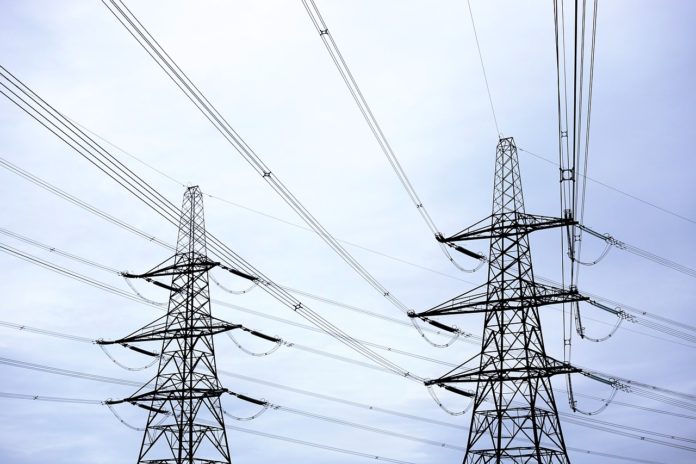ISLAMABAD (ABC) — The planning ministry’s recent approval of significant energy and water projects marks a pivotal advancement in Pakistan’s development agenda.
These projects are aimed at enhancing infrastructure and addressing critical needs in the energy and water sectors to catalyse economic growth and improve living standards of people.
An official of the Ministry of Planning Development and Special Initiatives, told WealthPK on condition of anonymity that a robust energy infrastructure was essential for powering industrial activity and driving economic expansion.
“One of the approved projects focuses on bolstering Pakistan’s energy infrastructure through the construction of a 220KV transmission line and the expansion of a 132KV transmission line from Jiwani to Gwadar.
With an investment of Rs4.54 billion, this initiative aims to improve the reliability of power supply, thereby enhancing the commercial viability of the energy sector.”
He maintained that in the water sector, the approval of the project of a gravity-based safe drinking water supply system in the Havelian region of Abbottabad district, Khyber Pakhtunkhwa, represented a critical step towards ensuring access to clean and safe drinking water for communities in the region.
“With a total cost of Rs3.33 billion, this project emphasises the importance of sustainable water management and infrastructure development.”
He said the proposed financing through the Public Sector Development Programme reflects the government’s commitment to investing in critical infrastructure projects.
The official added that the major chunk of PSDP 2023-24 had been earmarked for infrastructure projects of energy, railway, motorways/highways, aviation, ports etc.
“Equal importance is given to social sectors, particularly education, health, governance, climate change, etc.”
He stressed the importance of allocating resources efficiently to address infrastructure gaps and stimulate economic growth.
Talking to WealthPK, Mehmood Khalid, former executive director of CPEC Centre of Excellence and senior research economist at Pakistan Institute of Development Economics, emphasised the importance of incorporating modern technologies and best practices in transmission infrastructure development.
He said that Pakistan’s energy sector had been grappling with various challenges, including transmission losses, outdated infrastructure and an overreliance on conventional energy sources.
“Gwadar, as a rapidly developing port city and a key node in CPEC, has been facing significant electricity issues.
Therefore, modernising the transmission grid is crucial not only for enhancing energy security but also for promoting environmental sustainability.”
“Investments in transmission infrastructure should be accompanied by efforts to modernise grid management systems and promote renewable energy integration,” he suggested.

